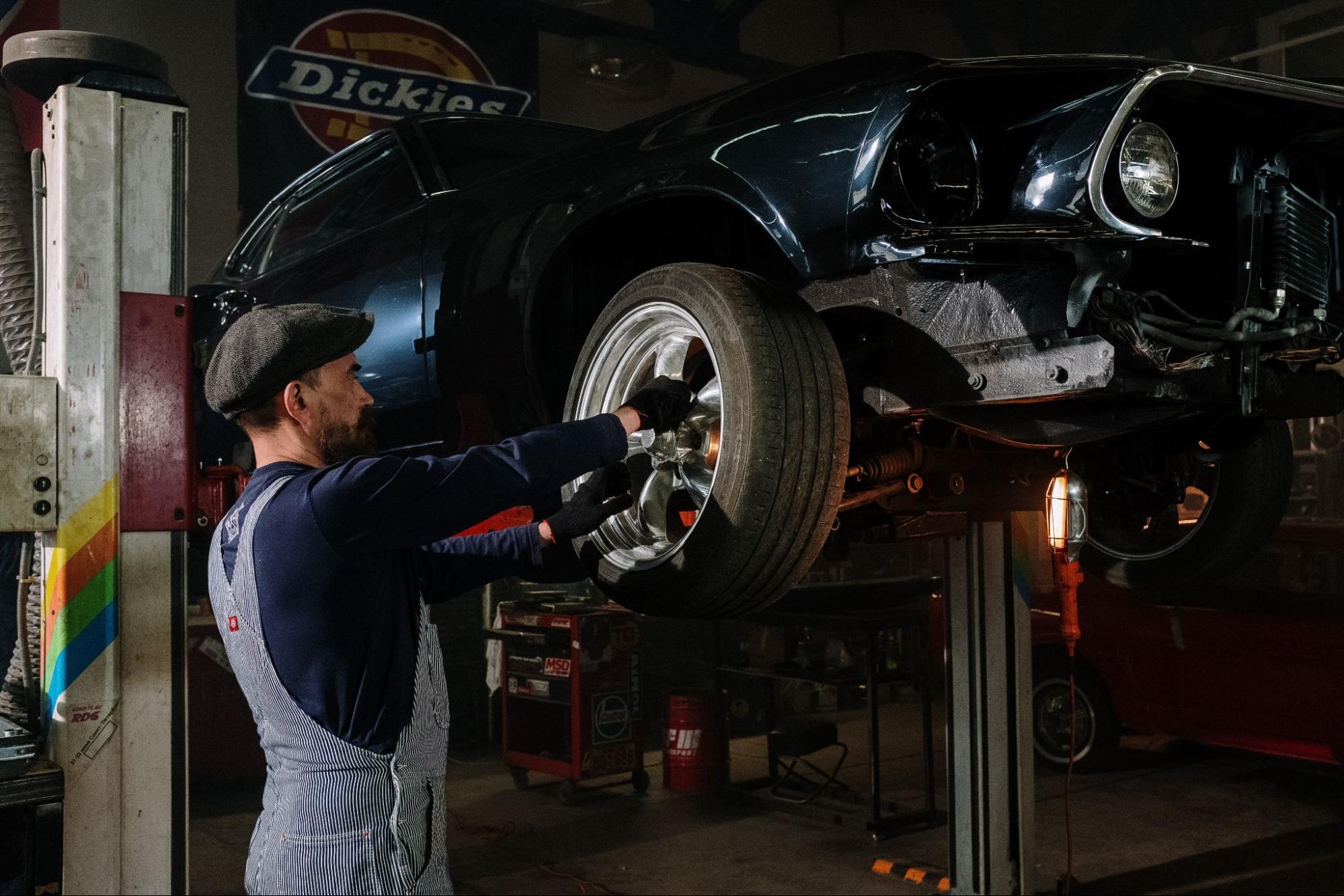Average Cost for Hail Damage Repair on Car
I’ve always been intrigued by the unpredictability of Mother Nature. Sometimes, she’s calm and peaceful; other times, she hails down on us with a fury that leaves our cars pockmarked and dented. If you’ve ever had to deal with hail damage repair on your car, you know it’s not cheap. However, the cost can vary widely based on several factors.
First off, the extent of the damage plays a significant role in determining repair costs. A few minor dents might only set you back a couple of hundred dollars, while severe hail storms may leave your ride needing thousands of dollars worth of repairs. It’s also important to note that where you live can influence costs – auto body shops in urban areas often charge more than those in rural communities.
Another crucial factor is your insurance coverage. Depending on your policy, you could be covered for hail damage under comprehensive insurance. But remember: even if it’s covered, you’ll still need to pay the deductible before your insurance kicks in. Ultimately, knowing these factors that affect the average cost for hail damage repair on a car can empower you as a vehicle owner and help ensure that when hail strikes, you’re prepared financially.
Understanding Hail Damage on Cars
We’ve all heard the term “hail damage” tossed around, especially after a nasty storm. But do you know what it entails? Well, let’s dive right in and unpack this phenomenon.
At its core, hail damage refers to the harm inflicted on automobiles by hailstones during a storm. These icy projectiles can vary significantly – from as small as peas to as large as grapefruits! When they plummet down at high speeds, they can easily dent or crack your car’s bodywork, glass surfaces, and trim. Those tiny dents and cracks might seem insignificant, but they’re pretty costly to repair.
What makes this worse is that hailstorms are unpredictable and can strike anywhere, anytime. So, even if you’re careful with your vehicle, Mother Nature has a way of messing things up occasionally!
So, how does this impact your wallet? The cost of hail damage repair on cars primarily hinges on three factors:
- The extent of the damage
- Your insurance coverage
- The method of repair chosen
Let me break these down further:
First, the more extensive the damage is, the higher your repair costs will be. A few chipped paints here and there won’t set you back much. But if we’re talking about deep dents or shattered windows—that’s another story!
Next up: insurance coverage. This could either be a lifesaver or an added burden, depending on what kind of policy you have. Comprehensive car insurance usually covers great hail damage! However, if you’ve only got liability coverage—you might need to dig deeper into those pockets.
Lastly, the method of repair chosen also plays a pivotal role in determining the average cost for car hail damage repair. Traditional sanding and repainting methods tend to be pricier than modern techniques like Paintless Dent Repair (PDR).
That, in a nutshell, is what hail damage on cars looks like and the factors that can affect repair costs. In the face of unpredictable weather patterns—it’s always good to be informed and prepared!

The Role of Car Insurance in Hail Damage Repair
Let’s delve into an often overlooked factor that affects the average cost for hail damage repair on a car – insurance. If you’re lucky enough to have comprehensive car insurance, it’ll significantly reduce your financial burden after a hailstorm.
Comprehensive insurance covers damages caused by events out of your control, such as weather-related incidents, including hail. When your car is pelted by icy projectiles from the sky, this part of your policy steps up. It covers the cost of repairs or even replaces your vehicle if the damage is severe enough.
However, remember that you’ll need to pay your deductible first.








































